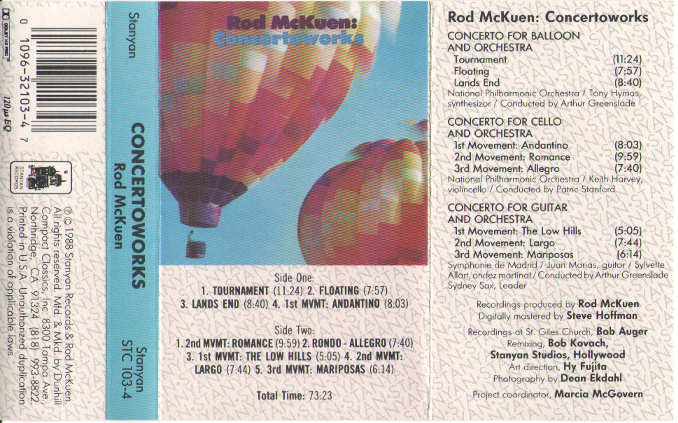March 31, 2016
AI and tomorrow
An article covering the monumental story of an AI beating the world champion Go player discusses the societal ramifications: Deep Learning Is Going to Teach Us All the Lesson of Our Lives: Jobs Are for Machines. The program Alpha Go beat the human Lee Se Dol. Some of the ramifications:
The article presents jobs across two dimensions: routine and non-routine, cognitive and manual. Routine jobs in both cognitive and manual have stopped growing starting around 1990. The assumption/premise, and not a controversial one, is that this is a result of automation. The question, and this is the crucial, has become when will non-routine jobs succumb. As a software engineer, I tend to think that software engineering will survive (as did Go players...) as well as health care, based basically because I think non-routine cognitive jobs will survive the longest. And I still have the bias that human-to-human interaction will retain its value in some industries.
AIs referenced in the article: Amelia call center AI. She replaces call center workers across multiple languages and learns faster than any low-wage human. The Viv personal assistant which promises to bypass the ubiquitous advertising that pays for web content. These subjects are regularly discussed in the subreddits Futurology and DarkFuturology. So the subject of post-scarcity mediation is not something for the distant future. As jobs progressively become not-done by humans, the question of how do humans get money to pay for materials (produced by machines?) becomes more common. When there are no jobs for humans, how do they pay for food etc.? The basic income proponents are already thinking about that and Switzerland is already preparing.
Is the blacksmith analogy dead? The confidence that, just like smithees had to adapt to the elimination of their jobs 150 years ago, current jobs will morph into a new job market. Maybe there are no new jobs to replace the eliminated. And, as a developer, my whole career has been eliminating jobs.
Valuable reading is 20 Crucial Terms Every 21st Century Futurist Should Know. It suggests a radical socialist idea to me: The move from some automation to complete automation starts with a redistribution of wealth to those in control of the automation. It initially appears as the class struggle. What happens to those wealthy and poor when the economy collapses?
March 22, 2016
Rod McKuen
Matt and Mason have been album hunting for their new turntables, and I found Rod McKuen's album Concerto for Balloon and Orchestra on Amazon. Which reminded me of something I had acquired I-know-not-when, but revealed itself after digging through a junk drawer:

Just the idea that he would write something like this boggles the mind. Sadly, I have no cassette player. Tracks:
- Concerto for Balloon and Orchestra
- Tournament (11:24)
- Floating (7:57)
- Lands End (8:40)
- Concerto for Cello and Orchestra
- 1st Movement: Andantino (8:03)
- 2nd Movement: Romance (9:59)
- 3rd Movement: Allegro (7:40)
- Concerto for Guitar and Orchestra
- 1st Movement: The Low Hills (5:05)
- 2nd Movement: Largo (7:44)
- 3rd Movement: Mariposas (6:14)
March 20, 2016
More political transcriptions
Donald Trump with a supercut of him saying "China" transcribed for 5-string bass [ via Language Log ]:
Such discursive, chromatic jazz seems to lend itself nidely to spoken word. See also the transcriptions in Reich's Different Trains. These are a reversal sort of of sprachstimme. Immediately reminded me of the Palin transcription that was popular back in October 2008:
And the equally hilarious McCain transcription:
These two done by Henry Hey who has a few others on the YouTube channel sailingandmusic.
March 6, 2016
The city
The conceit of China Mielville's The City and The City has grown on me since I'd read and was mesmerized by it nearly five years ago. In its magic realist drama, sister cities and their inhabitants share a weird, parallel-space relationship that is both unreal and metaphorical.
I'm not sure where I first heard of Italo Calvino, but he had often registered on my radar like Borges or Eco. Finally, mimicking the mass order of Kafka May of last year after my Prague trip, I ordered a three-box set of Calvino containing: If on a Winter's Night a Traveler, Invisible Cities, and The Baron in the Trees. Invisible Cities presents dozens of one-to-three page descriptions of cities that could only exist as metaphor. Highly poetic invocations of unreal living conditions that more clearly represent society than any realist literature might.
I have just started reading China Mieville's second Bas-Lag book, The Scar. Early on, we're introduced to a mile-square ocean city made of all manner of joined boats. Alleys are rope bridges connecting skiffs and freighters; suburban neighborhoods are carved from successive living quarters; harbors are built by absence. Such organic growth is fascinating.
This weekend we walked the beltline. It passes through many neighborhoods I know, and yet I was often disoriented. Crossing a different path completely changes the experience. Whenever I visit an Atlanta neighborhood I've never been in, I like to imagine that I don't know what city it is. It makes me view Atlanta with unbiased eyes and avoid assumptions. The beltline experience was similar.